Developing Cognitive Flexibility
Strong cognitive flexibility starts with young children’s early experiences
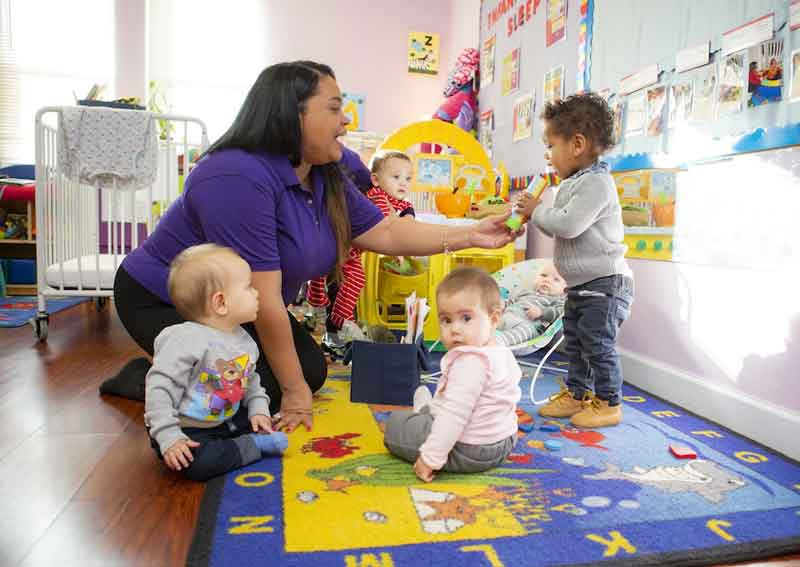
What You Need to Know
Cognitive flexibility is being able to adjust your thinking to meet the demands of your environment. Toddlers are just beginning to develop cognitive flexibility. Teachers can help children by giving them extra time and support to “shift gears” to adjust to a change, approach a new task, or apply their knowledge to something new.
What It Looks Like
A quick glance at how you can help children develop their cognitive flexibility
Support Creative Problem Solving
Offer materials and manipulatives that give young children opportunities to flex their mental muscles. Notice how block play encourages this boy to think flexibly, as he tries out different ideas and solutions.
Practice Flexible Thinking
Play games that prompt children to shift their focus and attention from one movement to another. Notice how the teachers provide support by restating directions and modeling each new action.
Help Children Shift Gears
Providing reminders, like this teacher does before the timer goes off, helps children to successfully “shift gears” as they transition from one activity to another.
FOSTERING FLEXIBLE THINKING THROUGH BOOKS
From Head to Toe
Written and illustrated by Eric Carle, this book encourages children to think flexibly as they pretend to be different animals.
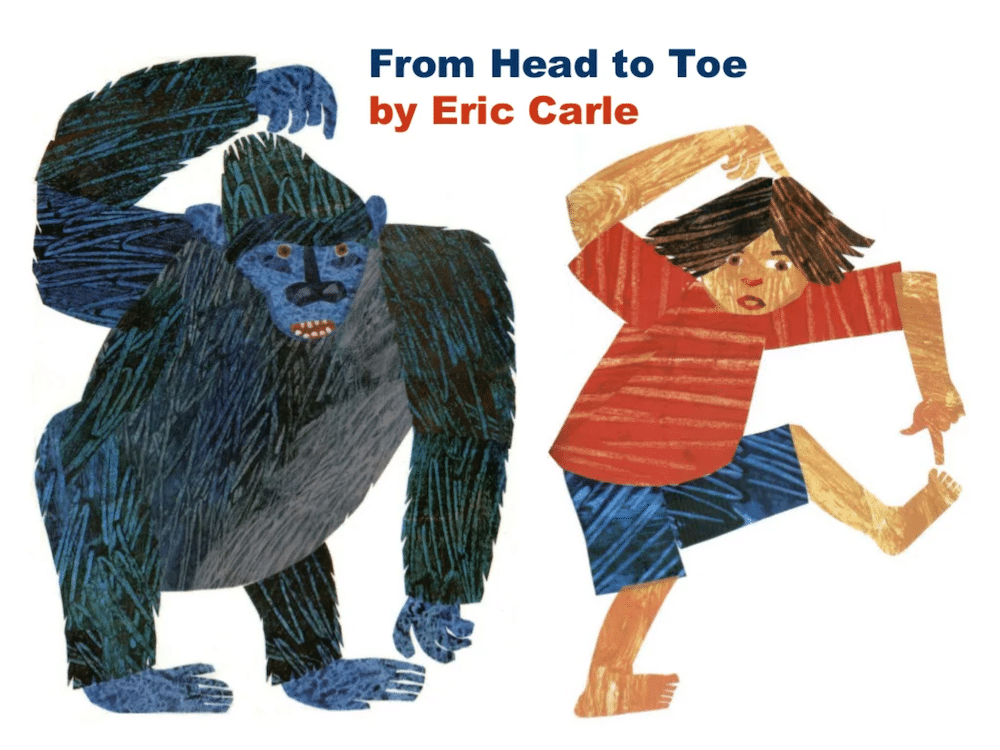
Activity Cards for Infant and Toddler Classrooms
Part of the STREAMin3 curriculum, activity cards provide simple and fun ways you can encourage creativity with older infants and toddlers
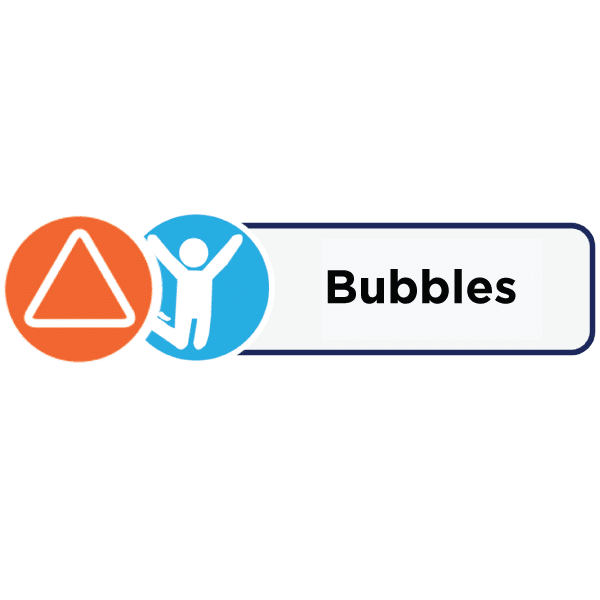
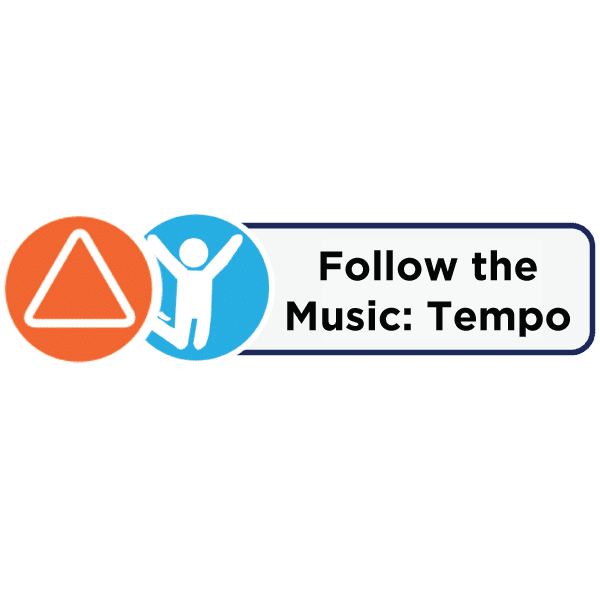
Follow the Music: Tempo
As children listen to music, they find different ways to match their movements to the tempo.
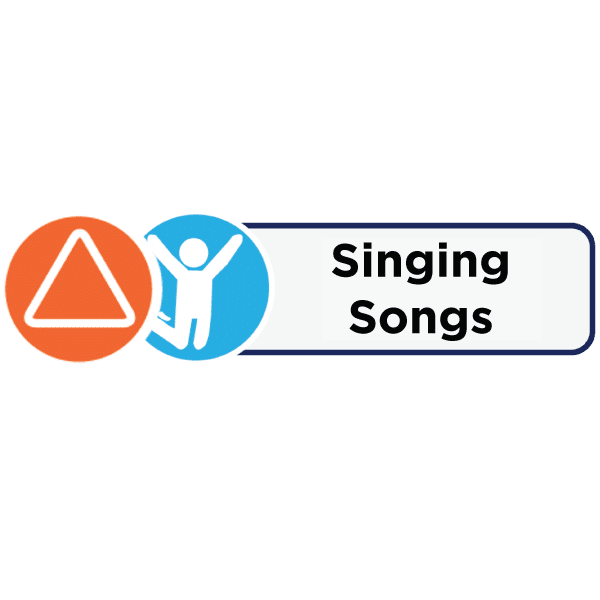
Singing Songs
Adding variety to the simple activity of singing together lets children practice their cognitive flexibility.
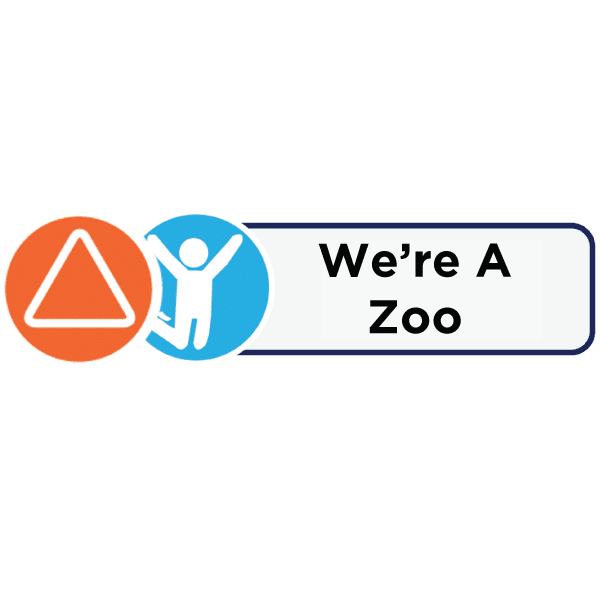
We're A Zoo
Children can get creative as they act out different zoo animals with their bodies.
Get our Resource Guide
Includes questions and activities to guide your use of the videos, book suggestions, and activity cards featured for each of our core social-emotional skills

